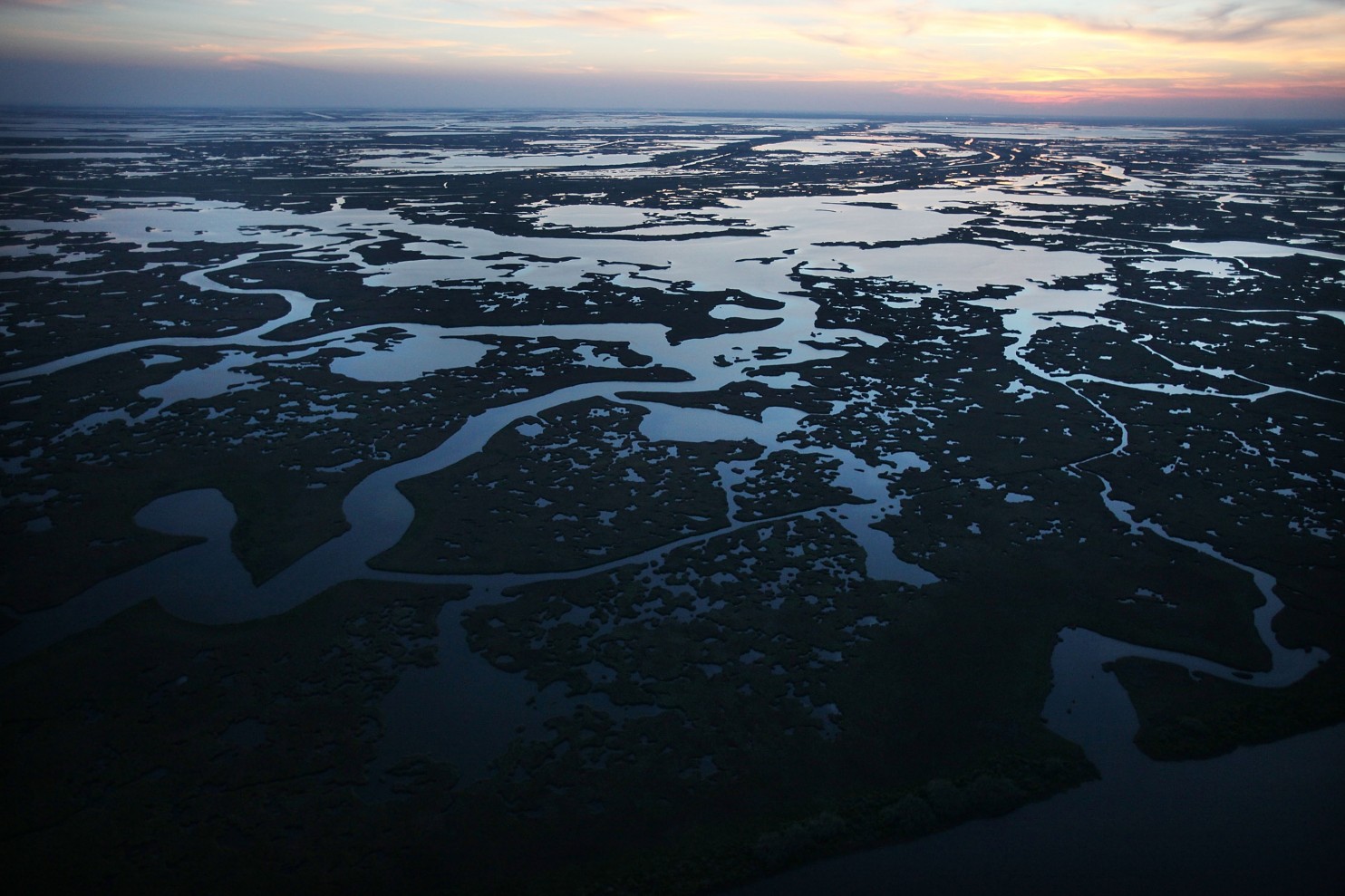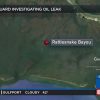
Six years after the Deepwater Horizon oil spill devastated the shore of the Gulf of Mexico, scientists are still taking stock of the damage it caused. And increasingly, they’re reporting that widespread shoreline erosion and loss of wetlands — which can hurt important salt marsh ecosystems and leave coastal areas, and the city of New Orleans, more vulnerable to sea-level rise — was a major side-effect of the disaster.
A new study, published Thursday in the journal Geophysical Research Letters, reports extensive shoreline recession in the Mississippi River Delta as a result of the oil spill — and it finds that the spill’s impact was even more widespread than the erosion caused by Hurricane Isaac two years later.
“Erosion is occurring [even] without the oil spill for lots of different reasons throughout the delta,” said Elijah Ramsey III, a research oceanographer with the U.S. Geological Survey who authored the paper along with Amina Rangoonwala of the USGS and Cathleen Jones of NASA’s Jet Propulsion Laboratory.
For decades, shoreline loss in the region has been linked to such factors as sea level rise, damming of the Mississippi River upstream (preventing it from delivering as much sediment to the delta as it once did), and oil and gas extraction. But the researchers wanted to see how these baseline erosion patterns may have changed following the Deepwater Horizon spill in 2010 and the impact of Hurricane Isaac in 2012.
View our Oil Spill Remediation Services page here.
Source: The Washington Post



